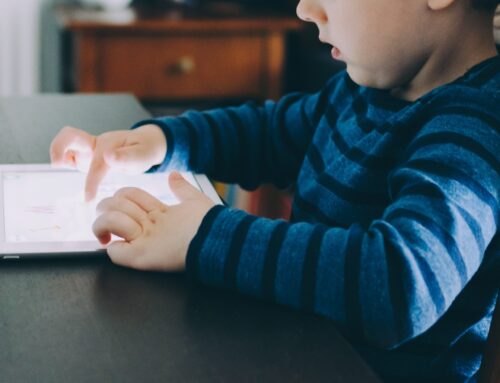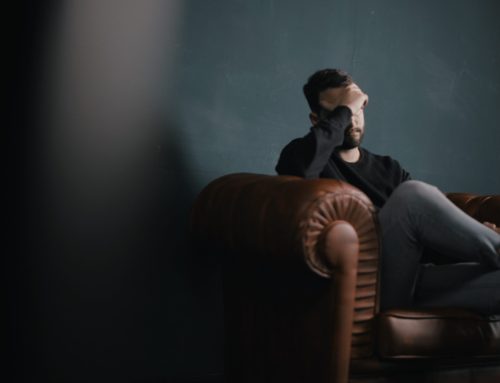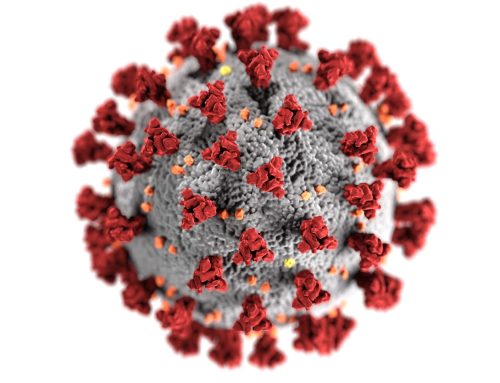Vision trouble makes it hard for kids to learn and can cause headaches and behavior problems. Many parents assume they’ll figure out if their child needs glasses. But sometimes, the way children tell us isn’t what we expect. They may not realize that things aren’t supposed to be “fuzzy” because that’s all they’ve known. So how do you know if your child needs glasses?

Why Is it Important?
Your child visits the doctor at least once a year and sees a dentist twice. But most kids don’t get an eye exam until something seems wrong. About 25 percent of kids wear glasses. If you or your partner need vision correction, your child is more likely also to require glasses.
Identifying vision trouble early can make an enormous difference in your child’s learning because the longer it goes uncorrected, the more trouble he/she will have with development, including the development of the eyes.
Occasionally, some children with poor vision have been labeled as having Attention Deficit Hyperactivity Disorder (ADHD). Studies indicate that up to 60% of students labeled as problem learners may need some vision correction.
Your JCMC pediatrician will do some eye checks each year, and your school may conduct an eye exam. Teachers are often the first ones to suggest a child needs glasses. However, this year, with so many students learning remotely, it’s more critical than ever to know the signs your child can’t see well.
Signs Your Child May Need Glasses
Here are some of the main signs your child might need vision correction. He or she:
- Avoids reading or visual work.
- Reports discomfort or fatigue.
- Seems to have a short attention span.
- Rubs his/her eyes a lot or blinks often.
- Has frequent headaches.
- Holds reading material close to his/her face.
- Tilts his/her head to one side when watching or reading or covers one eye.
- Reports seeing double.
- Has trouble remembering what he/she read.
It’s most challenging to tell a child needs glasses when they haven’t begun to read. But as your child looks at letters or shapes, note if he or she seems to be having trouble. As he/she colors, observe if they hold their face close to the page. Play games such as “I Spy” to determine how far your child can see.
If you’re concerned about your child’s vision, contact JCMC. We can do an initial checkup and refer you to an eye doctor.
Here are some other critical ways to keep your children’s eyes safe.
- Get your child some sunglasses that protect against UVA and UVB rays. Children don’t tend to wear sunglasses as often as adults, but their eyes need protection.
- Choose only age-appropriate toys.
- Please be careful with fireworks, which can cause terrible eye injuries.
- Demonstrate proper safety by wearing safety goggles or glasses for household repairs or lawn work.
Do you have questions about your child’s eyesight? Contact us for an appointment or Telehealth call: 910-219-8326.






